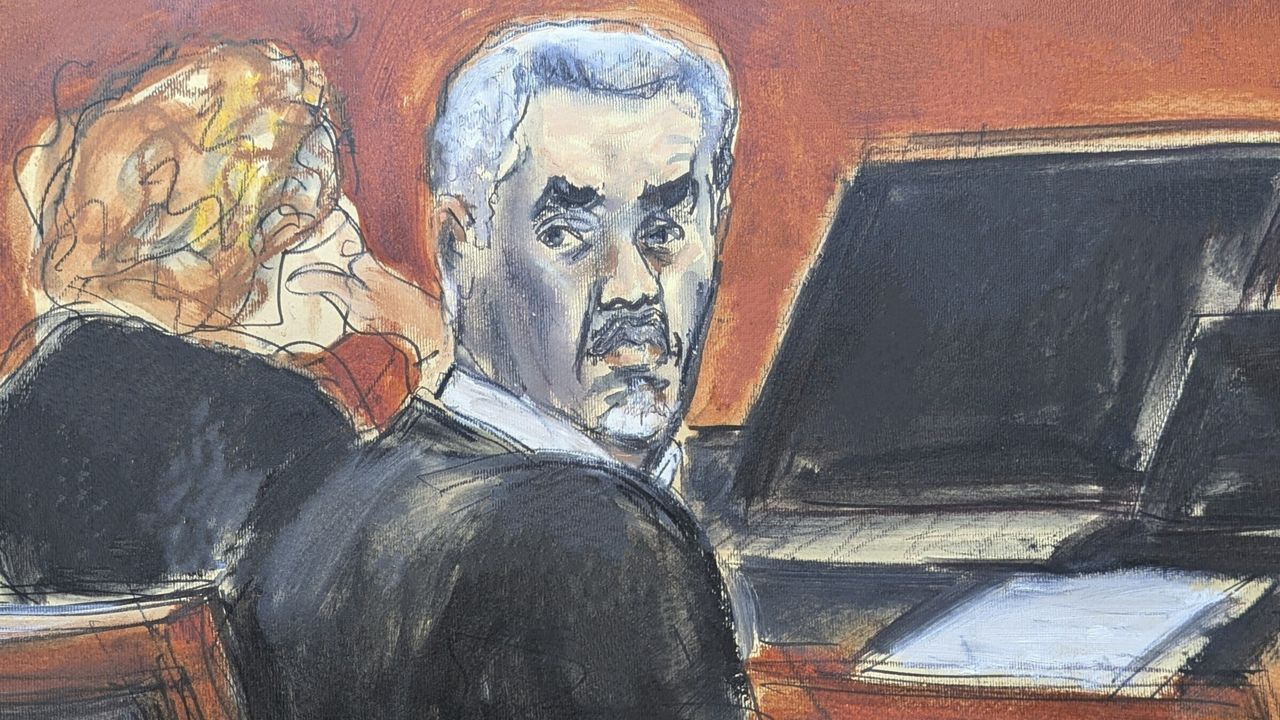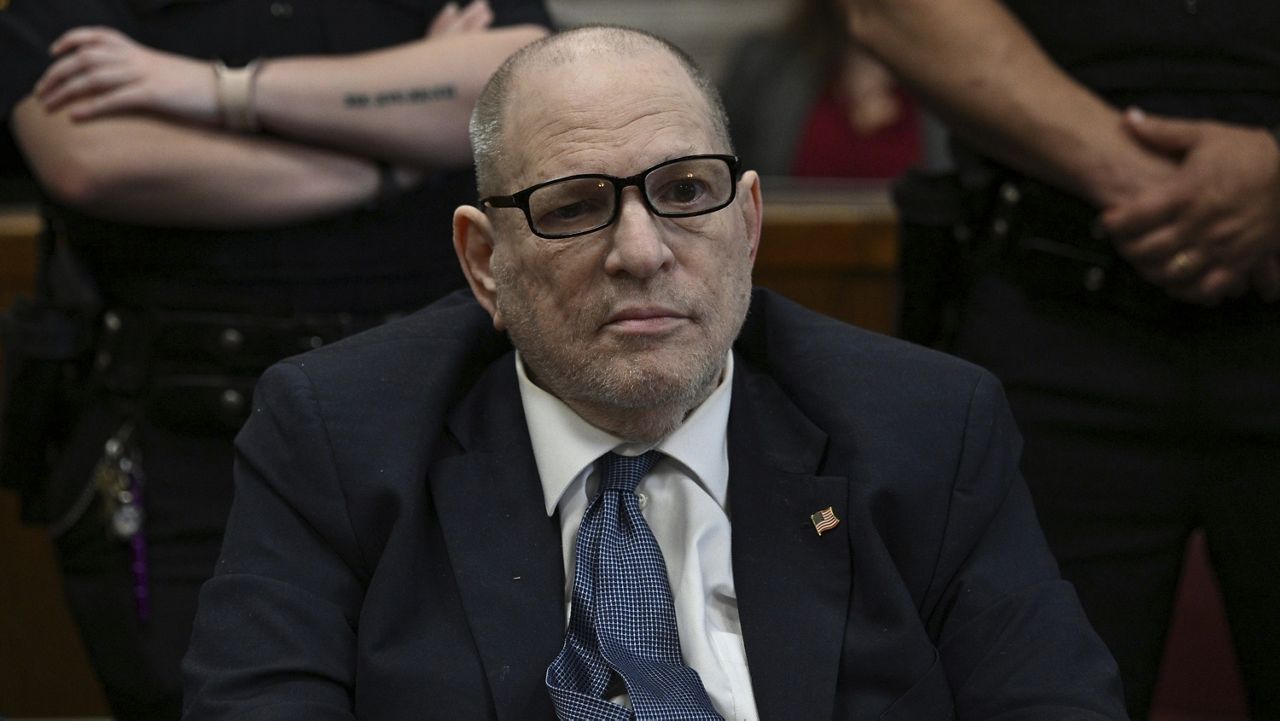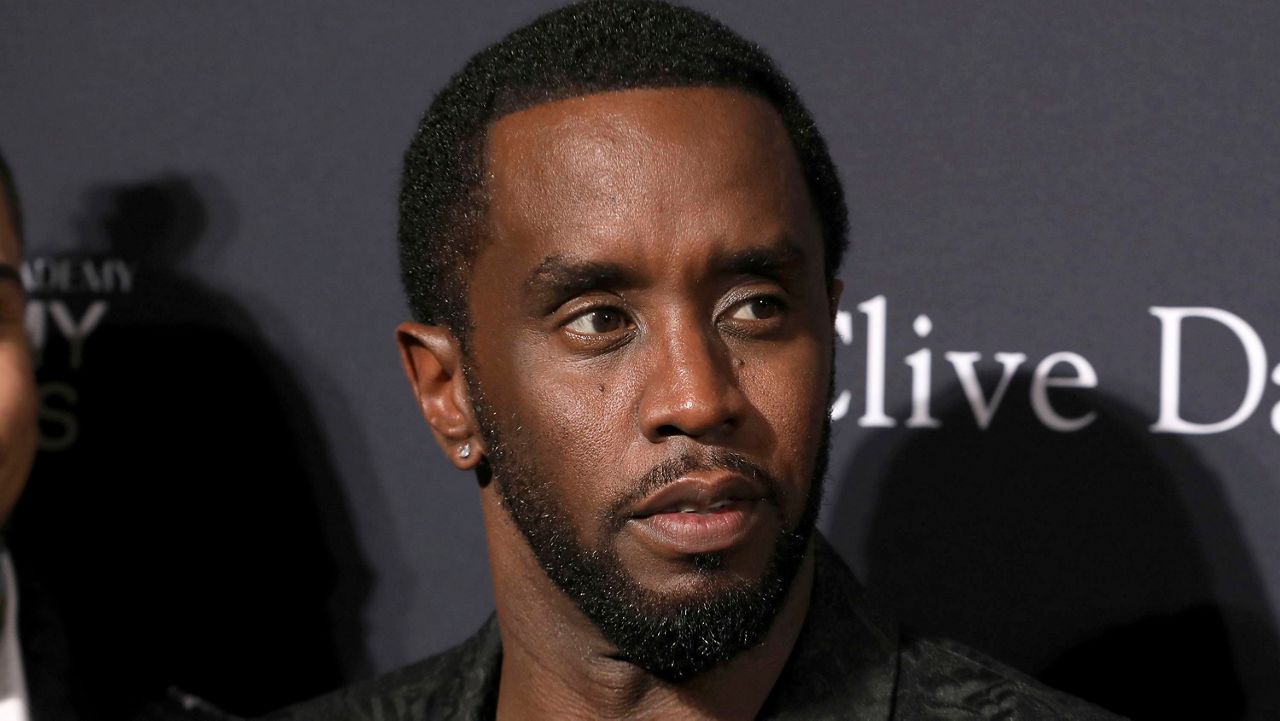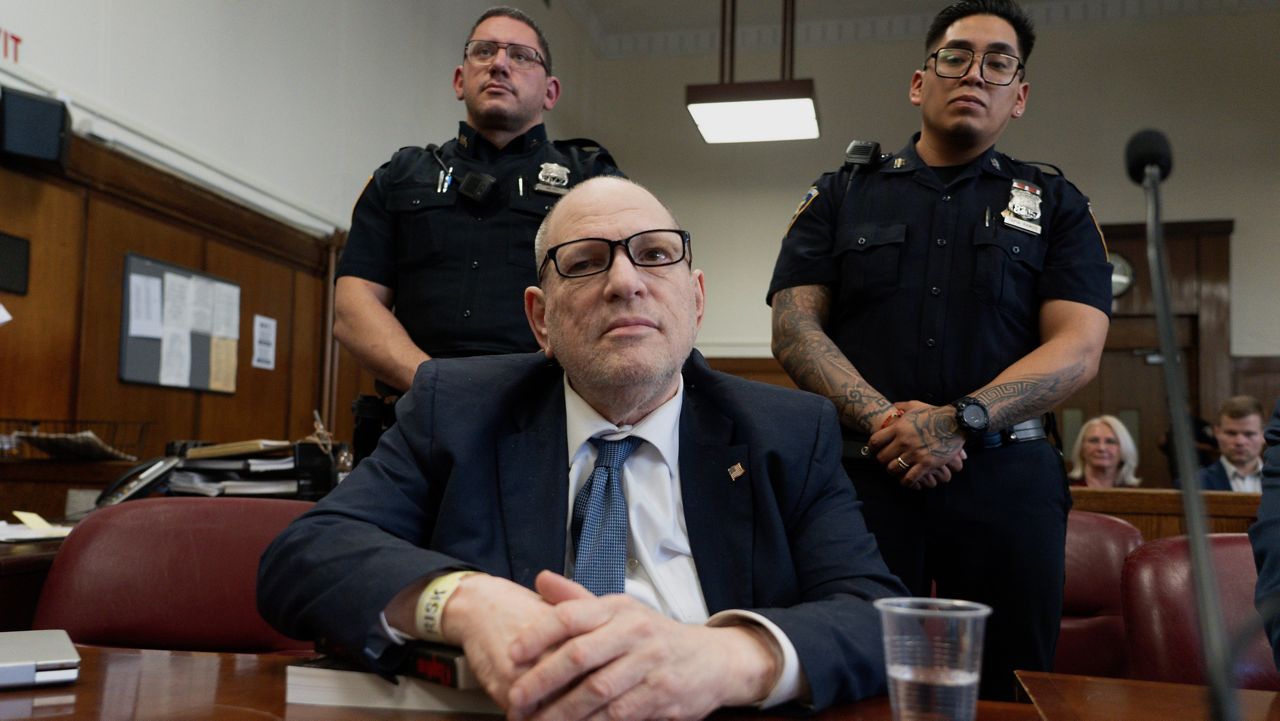The judge in Daniel Penny's subway chokehold trial on Friday granted a motion from prosecutors to dismiss the top charge of manslaughter against the Marine veteran after jurors said they couldn’t reach a unanimous vote on that count.
Penny still faces one count of criminally negligent homicide, which jurors will deliberate on Monday.
What You Need To Know
- The judge in Daniel Penny's subway chokehold trial on Friday granted a motion from prosecutors to dismiss the top charge of manslaughter against the Marine veteran after jurors said they couldn’t reach a unanimous vote on that count
- Penny, a Marine veteran, had been facing charges of manslaughter and criminally negligent homicide in the May 1, 2023 death of Jordan Neely. Jurors will now consider the criminally negligent homicide charge
- Criminally negligent homicide carries punishments ranging from probation to up to four years in prison. The charge of manslaughter, a more severe offense, carried up to 15 years
While the defense on Friday had initially requested a mistrial, a lawyer for Penny, Thomas Kenniff, said in a statement that his team was "obviously very pleased with the Court's decision to withdraw the top count of this indictment."
"However, we have always maintained that Danny acted reasonably in restraining Jordan Neely, and justice will not be served until he is acquitted of Criminally Negligent Homicide as well," Kenniff said. "We are hopeful that will happen when the jury returns on Monday."
The Manhattan jurors have been deliberating since Tuesday on whether to convict Penny in the death of Jordan Neely, who Penny held in a chokehold for about six minutes on a New York City subway on May 1, 2023.
The panelists first sent Judge Maxwell Wiley a note Friday morning stating they were unable to agree on a verdict on the manslaughter charge. Wiley then read them what’s known as an Allen charge — an instruction urging them to make every possible effort to reach a verdict.
Jurors sent a second note to the judge on Friday afternoon saying they still couldn't reach a unanimous vote on the manslaughter charge.
The jury, shortly before taking a lunch break, requested clarification on how they determine whether a person reasonably believes physical force to be necessary.
“We’d like to better understand the term ‘reasonable person,’” their note read in part.
Wiley told the jury it was for them to decide what a reasonable person would do in the situation — whether a person would have reasonably believed Neely was about to use physical force against Penny or someone else.
Penny’s lawyers have said he was protecting himself and other subway passengers from a volatile, mentally ill man who was making alarming remarks and gestures. Prosecutors said Penny reacted far too forcefully to someone he perceived as a peril, not a person.
Manslaughter requires proving a defendant recklessly caused another person’s death, and carries up to 15 years. Criminally negligent homicide, which carries punishments ranging from probation to up to four years in prison, involves engaging in serious “blameworthy conduct” while not perceiving such a risk.
While the jurors were out of the courtroom, Wiley acknowledged that he may have to consider whether they could simply move on to the criminal negligence count if they remained deadlocked on the manslaughter charge. Prosecutors suggested they could be open to this.
Shortly before taking a lunch break, the jury also requested clarification on how they determine whether a person reasonably believes physical force to be necessary.
“We’d like to better understand the term ‘reasonable person,’” their note read in part.
Wiley told the jury it was for them to decide what a reasonable person would do in the situation — whether a person would have reasonably believed Neely was about to use physical force against Penny or someone else.
During the monthlong trial, the anonymous jury heard from witnesses, police, pathologists, a Marine Corps instructor who trained Penny in chokehold techniques, as well as Penny’s relatives, friends and fellow Marines. Penny chose not to testify.
The jury has made several other requests to the judge since entering deliberations Tuesday.
They asked to review the police and bystander video at the center of the trial. They requested a readout of a city medical examiner’s testimony. They also asked the judge to re-read the criminal definitions of recklessness and negligence in open court and be provided with written copies of the statutes.
Neely, 30, was a sometime subway performer with a tragic life story: His mother was killed and stuffed in a suitcase when he was a teenager. His adult life spiraled into homelessness, psychiatric hospitalizations, drug abuse and criminal convictions, including for assaulting people at subway stations.
Penny, 26, went on to study architecture. He is white. Neely was Black.
The case became a flashpoint in the nation’s debate over racial injustice and crime, as well as the city’s ongoing struggle to deal with homelessness and mental health crises in a transit system used by millions of New Yorkers every day.
There were sometimes dueling demonstrations outside the courthouse, and high-profile Republican politicians portrayed Penny as a hero while prominent Democrats went to Neely’s funeral.









